by Luisa Bravo, Italy
MaPS. Mastering Public Space, Founder and Editor in Chief
In the summer 2015 I initiated the ambitious project of establishing a brand new academic journal, The Journal of Public Space, aimed at producing public knowledge on public space, through an open access format (using an open source software developed by the PKP – Public Knowledge Project, Simon Fraser University, Canada) and a Creative Commons license. Academic knowledge is often not easily accessible; most of the leading journals require a subscription fee to access contents. Universities, institutions or individual researchers have often to deal with the substantial cost of knowledge in the form of fees to publisher, not only to be able to read contents, but in some cases even to have one’s research reviewed and published.
An online petition “The Cost of Knowledge”, signed by more than 19.000 researchers, is discussing the way knowledge is produced and disseminated in academia. Some illegal actions – like Sci-Hub, the first pirate website in the world to provide mass and public access to tens of millions of research papers – are standing against commercial enterprises.
Knowledge is a common good, in the same way public space in cities is a common good, a right for everybody that belongs to everybody.
My motivation was strong and I was fully committed to pursue such a challenging outcome. However it took me one year to set-up the online platform, engage a rich and diverse number of distinguished scholars and established professionals in the Scientific Board, breaking traditional disciplinary boundaries, define the mission and scope of the journal through a public manifesto, and establish a partnership with UN-Habitat. In October 2016 I was in Quito, in Ecuador, at Habitat III, the United Nations Conference on Housing and Sustainable Development, to launch the first issue of The Journal of Public Space, during an event at the Urban Library.
Since then, in just five years The Journal of Public Space has grown significantly, attracting leading scholars and collaborations with academic partners for special issues, opening to new thematic sections, and receiving an important number of online submissions.
The Journal of Public Space is the first-ever, international, interdisciplinary, academic (double blind peer review process), open access journal entirely dedicated to public space. Our mission is to embrace diversity, inconvenient dialogues and untold stories, from multidisciplinary fields and all countries, especially from those that usually do not have voice, overcoming the Western-oriented approach that is leading the current discourse, giving the possibility to unheard countries to speak up and to discuss neglected as well as emerging topics that are usually set aside in the mainstream knowledge.
In my ongoing activities with UN-Habitat, in the past years I had the chance to participate in high level meetings, urban thinkers campuses and major events at UN headquarters in New York and Nairobi, and I was actively part of the 9th World Urban Forum in Kuala Lumpur (2018) and of the 10th World Urban Forum in Abu Dhabi (2020). I have been involved in multi-stakeholder platforms and interacted with public and private institutions, NGOs and leading global experts and activists. I started to realize that the knowledge, mostly practical and action-oriented, that all these different groups and individuals were developing was a different kind of knowledge compared to what I was producing through The Journal of Public Space. This knowledge was published, shared and disseminated through non-academic websites, so The Journal of Public Space was actually missing a relevant part of the ongoing public space discourse. I understood that an extra effort was needed in order to spread knowledge of public space, in a way that was able to engage a larger audience, not just academia.
At the end of 2018 I started to think about an open access web magazine as a platform to aggregate all the existing contents on public space, available on the internet from reliable sources, through an attractive visual interface. In my idea this web magazine was supposed to provide complementary and quality contents to The Journal of Public Space.
I’m glad to announce, after almost three years of thinking and drafting, that the web magazine MaPS. Mastering Public Space, co-founded by City Space Architecture and Genius Saeculi, is finally available online, from today July 12, 2021!
Our mission is to spread knowledge of public space at the global level, applying an horizontal approach based on sharing and discussion, engaging the global community of members and public space lovers affiliated to City Space Architecture for its development.
“The web magazine MaPS. Mastering Public Space is for all, it is intended to leave no-one behind in building up a better and human(e) future shaped around public space.”

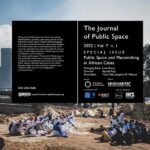
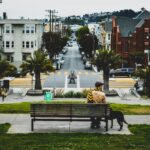
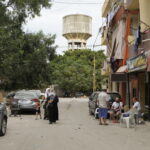
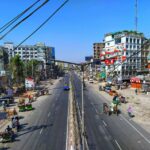
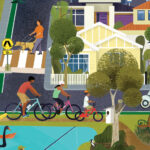
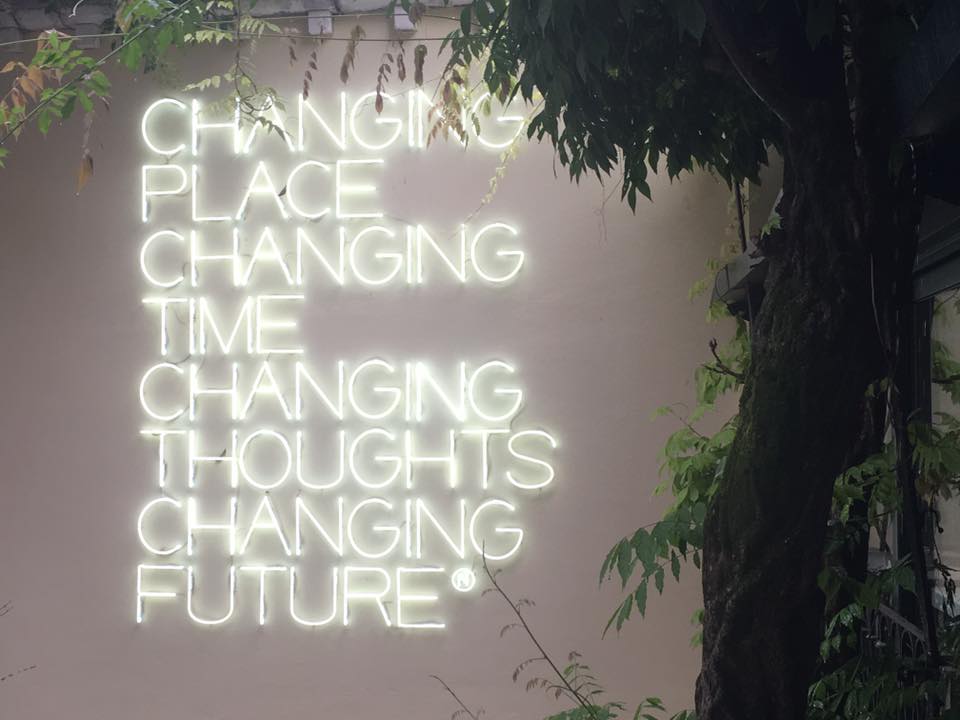
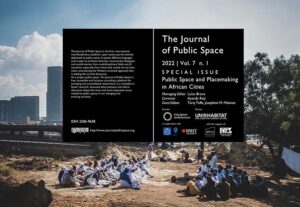
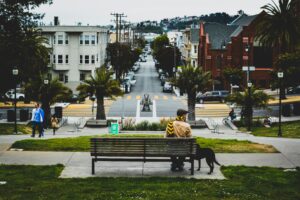
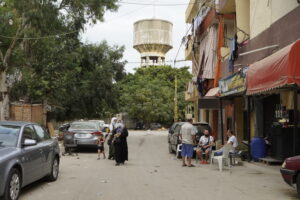
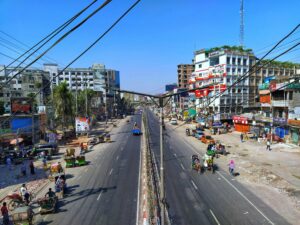
More Stories
Defining Placemaking: What Does It Really Mean?
Public Space Research Awards by City Space Architecture
A stealthy reimagining of urban public space by Elizabeth Diller